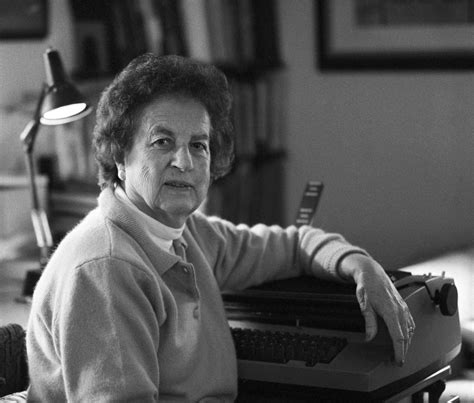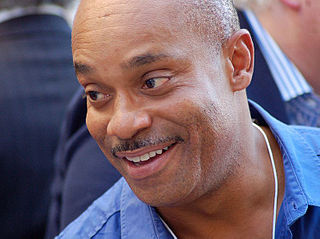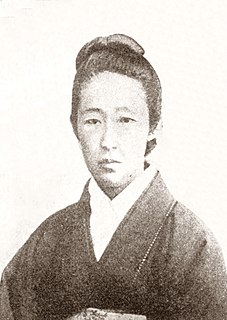A Quote by Martin Gardner
Biographical history, as taught in our public schools, is still largely a history of boneheads; ridiculous kings and queens, paranoid political leaders, compulsive voyagers, ignorant general the flotsam and jetsam of historical currents. The men who radically altered history, the great scientists and mathematicians, are seldom mentioned, if at all.
Quote Topics
Altered
Compulsive
Currents
Flotsam
General
Great
Great Scientist
Historical
History
Ignorant
Kings
Kings And Queens
Largely
Leaders
Mathematicians
Men
Mentioned
Our
Paranoid
Political
Political Leader
Political Leaders
Public
Public School
Public Schools
Queens
Radically
Ridiculous
Schools
Scientists
Seldom
Still
Taught
Related Quotes
The way they taught history in schools was not appealing. They stressed wars and dates. They left the people out. I was attracted to history by the need to know about the people. In China, I went to a British school, and we just learned about kings and queens. Back in America, I had the regular social studies curriculum.
Alexander the Great changed a few boundaries and killed a few men. Both he and Napoleon were forced into fame by circumstances outside of themselves and by currents of the time, but Margaret Sanger made currents and circumstances. When the history of our civilization is written, it will be a biological history and Margaret Sanger will be its heroine.
Human history has become too much a matter of dogma taught by 'professionals' in ivory towers as though it's all fact. Actually, much of human history is up for grabs. The further back you go, the more that the history that's taught in the schools and universities begins to look like some kind of faerie story.
I've always been interested in history, but they never taught Negro history in the public schools...I don't see how a history of the United States can be written honestly without including the Negro. I didn't [paint] just as a historical thing, but because I believe these things tie up with the Negro today. We don't have a physical slavery, but an economic slavery. If these people, who were so much worse off than the people today, could conquer their slavery, we can certainly do the same thing....I am not a politician. I'm an artist, just trying to do my part to bring this thing about.
If, in schools, we keep teaching that history is divided into American history and Chinese history and Russian history and Australian history, we're teaching kids that they are divided into tribes. And we're failing to teach them that we also, as human beings, share problems that we need to work together with.
I've benefited greatly from studying many effective people from history. Among those who've influenced me the most are Ronald Reagan, Theodore Roosevelt, and Winston Churchill. Each of the three altered history; each was self-created to a great extent; and each was a great student of history and leadership.







































